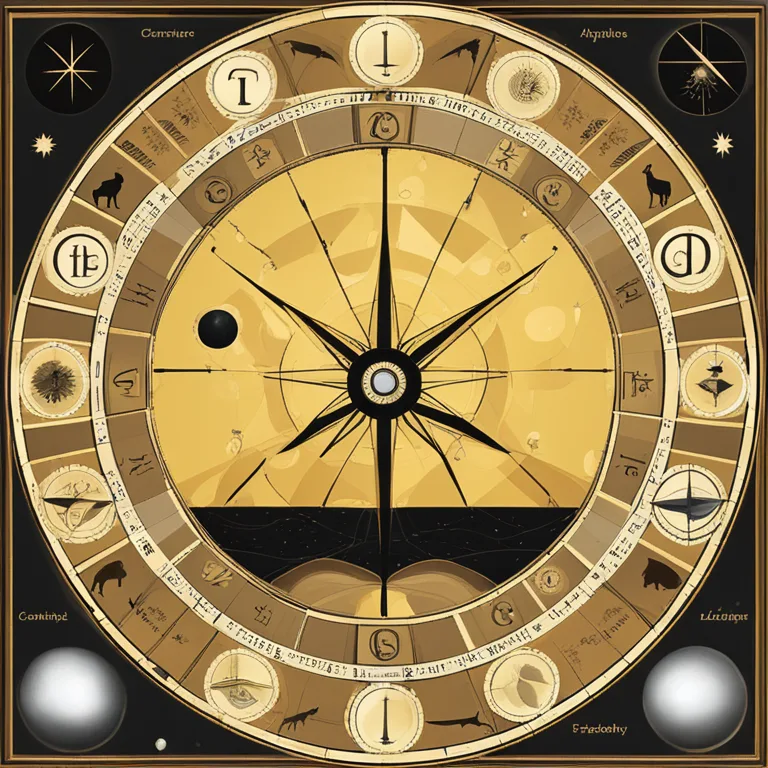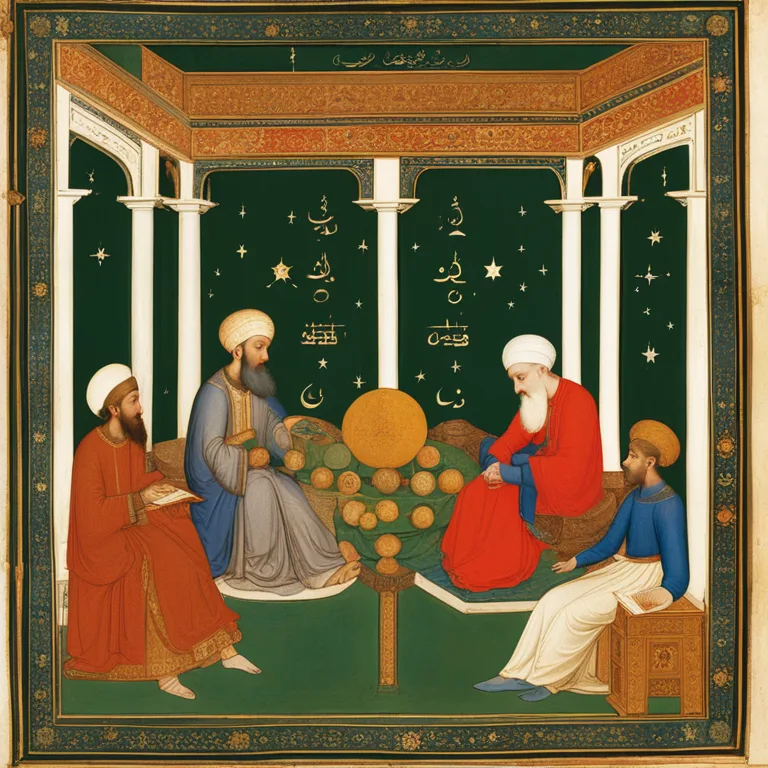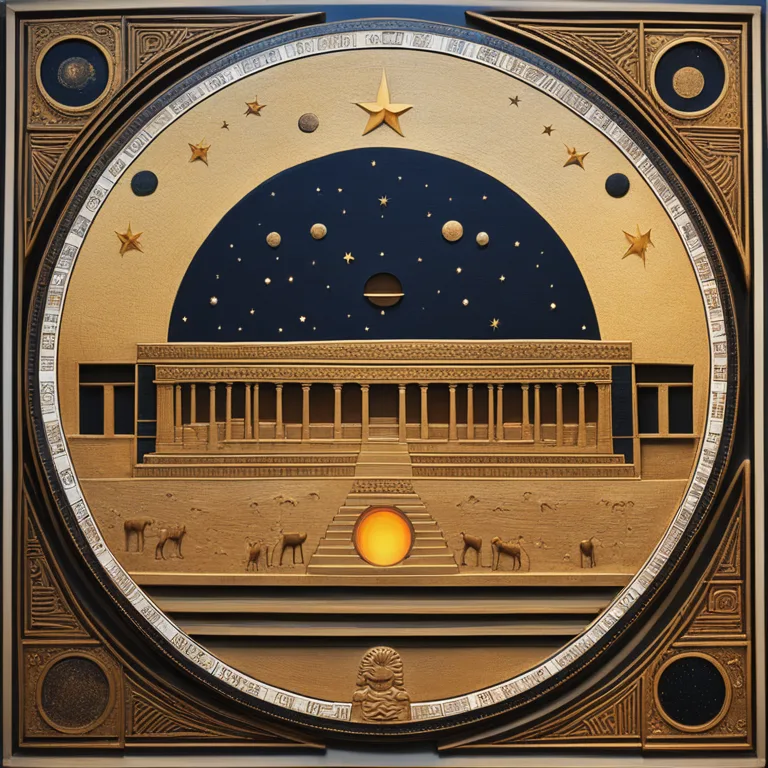
Astrology: Tracing Its Linguistic Heritage
Dive into the linguistic origins of astrology, unraveling the etymology and historical context of this ancient practice.
article by Priya Deshmukh
The Dawn of Astrology
Astrology, a practice as ancient as civilization itself, has intrigued humanity for countless generations. The term 'astrology' has made its way through various cultures and periods, carrying with it the accumulated wisdom and mystique of observing celestial bodies. Its etymological journey begins with the fusion of two Greek words: 'astron,' meaning 'star,' and 'logos,' signifying 'word,' 'speech,' or 'reason.' Combined, they form 'astrologia,' which translates to 'the study of stars.' The allure of the skies has, since time immemorial, led humans to ponder the interconnectedness of terrestrial and celestial events, seeking patterns and guidance from the stars.

Ancient Astrological Practices
From the stargazers of Babylon to the philosophers of Greece, astrology has been practiced in various guises worldwide. The Babylonians are credited with one of the earliest structured approaches to astrology, with their meticulous recordings of heavenly events providing a foundation for predicting terrestrial outcomes. Astrology's evolution continued in Hellenistic Egypt, where Greek and Egyptian thought merged, further shaping the art and presenting it as a sophisticated system of knowledge. As astrology spread, it retained the Greek origin of its name, 'astrologia,' echoing through the halls of history and into various languages.

Astrology in the Medieval Lexicon
The Medieval period saw astrology's assimilation into the Islamic world, where it flourished and integrated with scientific thought. In due course, 'astrologia' traveled through the Arab world, as 'Ilm al-nujūm,' and entered Medieval Europe. By the 12th and 13th centuries, the Latinized form 'astrologia' had become a cornerstone of acquired learning, alluding to its blend of scientific pursuit and mystical insight. This was a time when astrology was not so cleanly distinguished from astronomy, and the two disciplines frequently overlapped in the collective quest for cosmic understanding.

Renaissance to Modern Day
The Renaissance saw the revival of classical knowledge, and with it, a renewed interest in astrology. Intellectuals embraced the Greek roots of the term, acknowledging astrology as both art and science. However, the onset of the Enlightenment and the rise of empirical science ushered in skepticism towards astrology. The term's meaning, while still harking back to its ancient Greek origins, began to differentiate more distinctly from 'astronomy,' now the established term for the scientific study of celestial phenomena. Contemporary astrology has since carved a path that leans into the symbolic and psychological aspects of the ancient practice, aligning itself with its original etymological essence.

Astrology Today and Beyond
Today, astrology enjoys resurgence in popularity, with 2024 and beyond seeing a significant cultural embrace of astrological forecasts and personal horoscopes. As society becomes more open to diverse perspectives, astrology offers valuable insights into personality, life events, and human relationships. The word 'astrology' remains infused with mystique, inviting us to ponder the mysteries of the cosmic dance and its influence on our earthly journey. The practice continues to evolve, while its name—a constant reminder of its storied past—guides us toward a future where celestial insights are as sought after as they were by our ancestors.
Published: 12/29/2023
Modified: 12/29/2023
More predictions
Come back here soon to learn more about yourself and your future


The Influence of Birth Date on Your Astrological Profile
Discover how your birth date shapes your astrological sign, personality traits, and cosmic destiny in the astrological realm.


Love Compatibility Through Astrology
Discover how astrology guides love compatibility, building deeper connections using the stars' wisdom.


Moon and Rising: Astrological Identity Revealed
Learn the impact of your Moon and Rising signs in astrology on personal traits, emotional responses, and life’s journey.